Top 10 Skincare Ingredients to Consider if You Have Oily Skin
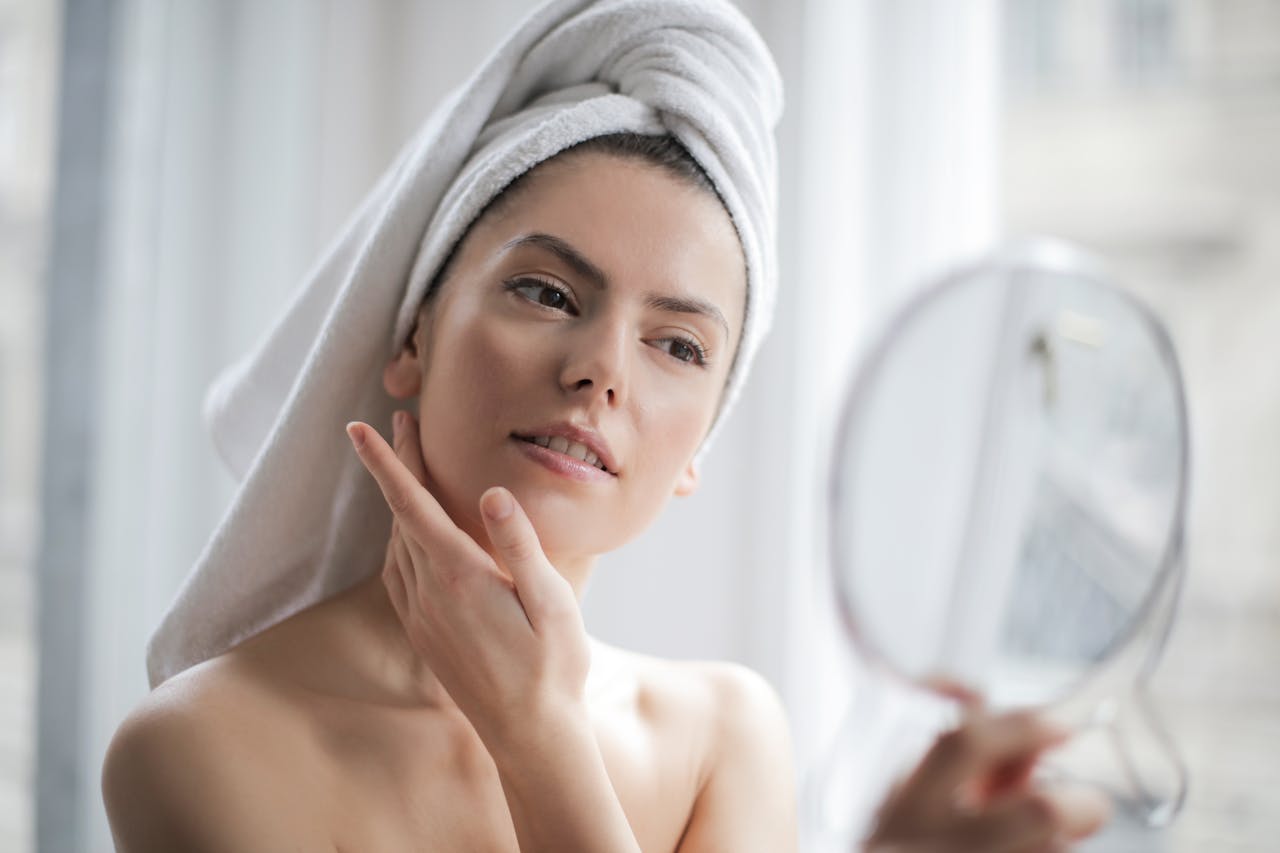
When it comes to managing oily skin, choosing the right skincare ingredients can make all the difference. Oily skin can be prone to breakouts, enlarged pores, and shine, so it’s important to select products that balance oil production without stripping your skin’s natural moisture. In this blog, we’ll explore the top 10 skincare ingredients that can help you achieve a clearer, more balanced complexion. Whether you’re looking to control shine, reduce acne, or simply maintain healthy skin, these ingredients are must-haves for anyone dealing with oily skin. Let’s dive in!
1. Salicylic Acid
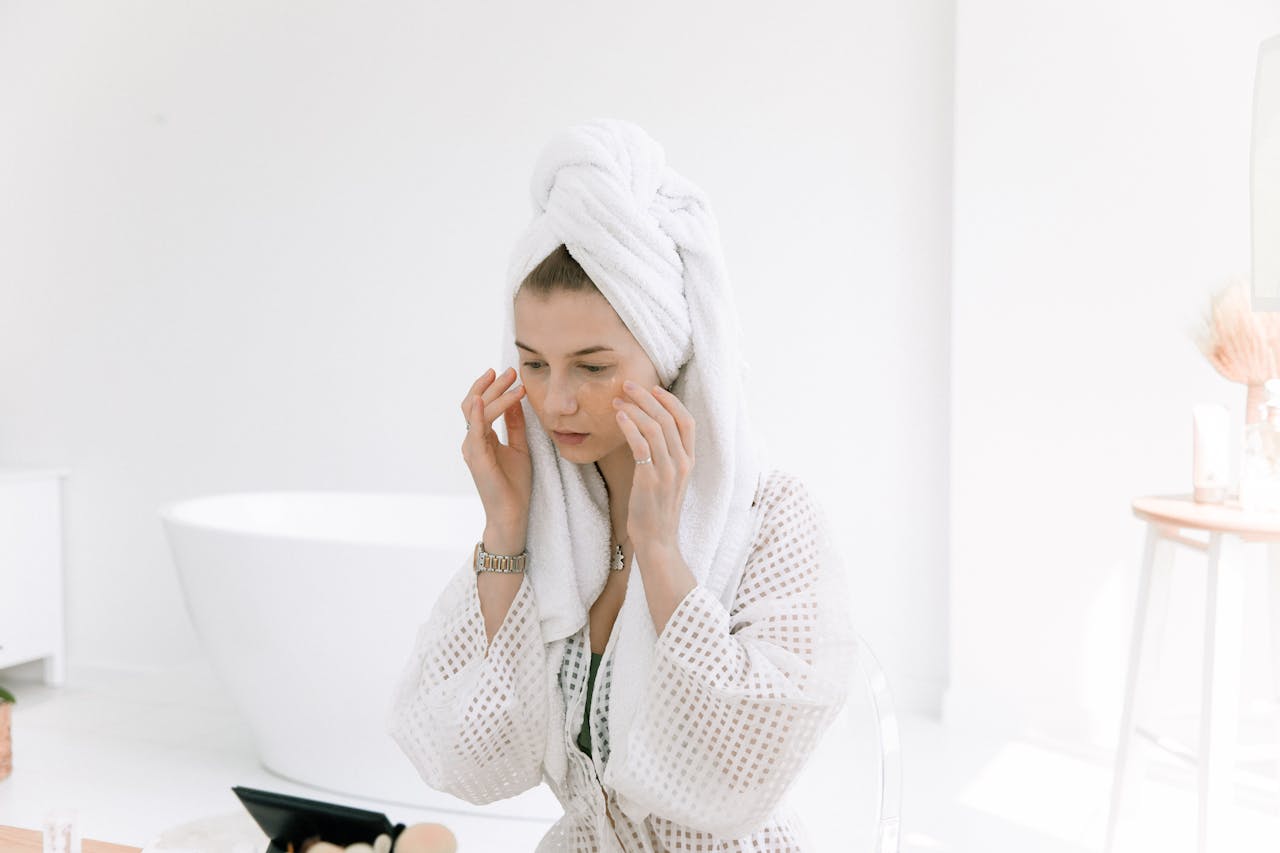
Salicylic acid is a beta hydroxy acid (BHA) known for its ability to penetrate deep into the pores. It’s oil-soluble, making it highly effective for oily skin. By breaking down excess sebum and dead skin cells, it helps prevent clogged pores and acne formation. Regular use can lead to fewer blackheads and breakouts, giving the skin a smoother, clearer appearance. Beyond its acne-fighting abilities, salicylic acid also has anti-inflammatory properties, which can reduce redness and irritation often associated with acne-prone skin. It’s ideal for those seeking a gentle but effective exfoliant.
2. Niacinamide
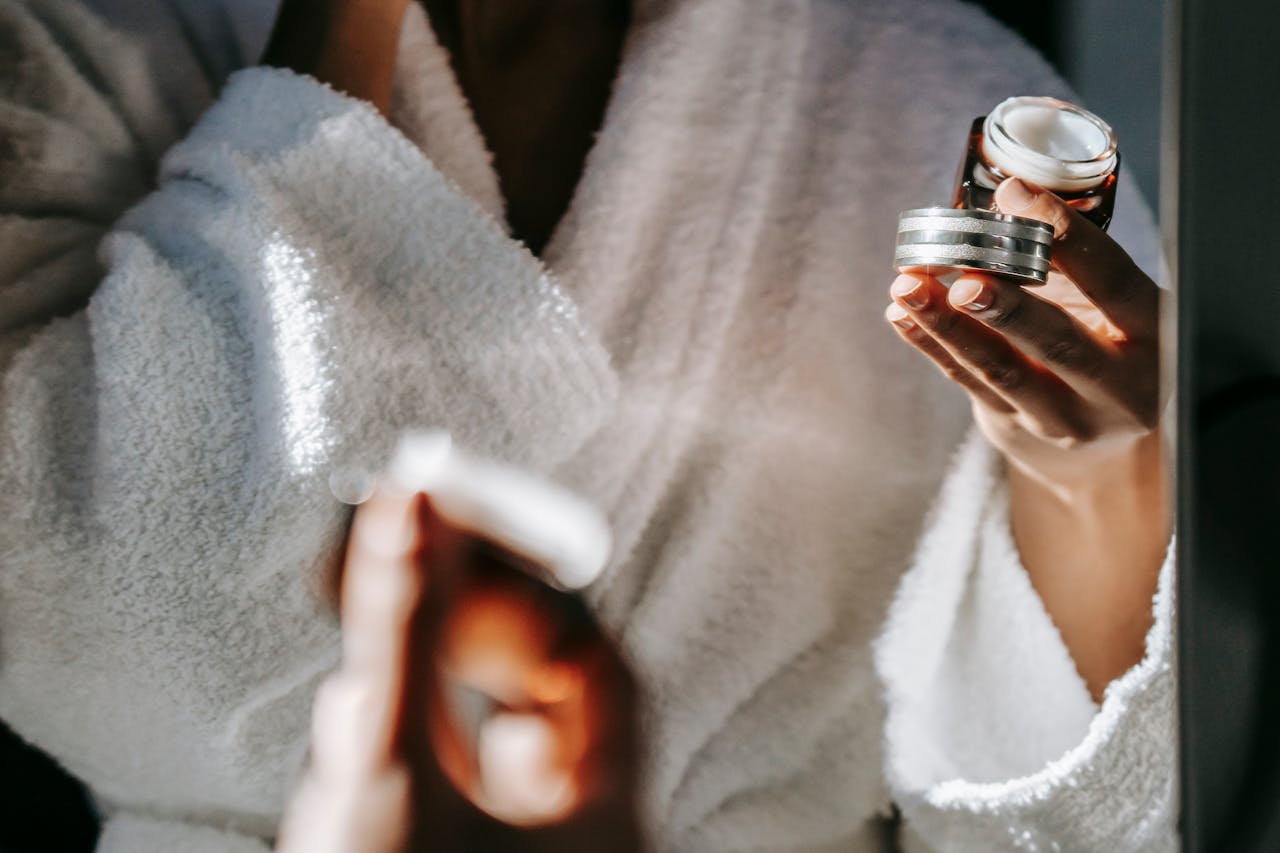
Niacinamide, or Vitamin B3, is a multi-functional ingredient that works wonders for oily skin. It helps regulate sebum production, which can reduce shine and prevent clogged pores. Additionally, niacinamide has anti-inflammatory properties, which can calm irritated or acne-prone skin. Over time, it can also improve the appearance of enlarged pores and even out skin tone by reducing hyperpigmentation. It’s a versatile ingredient that can be used in various formulations, including serums, moisturizers, and toners, making it an essential part of any oily skincare routine.
3. Benzoyl Peroxide
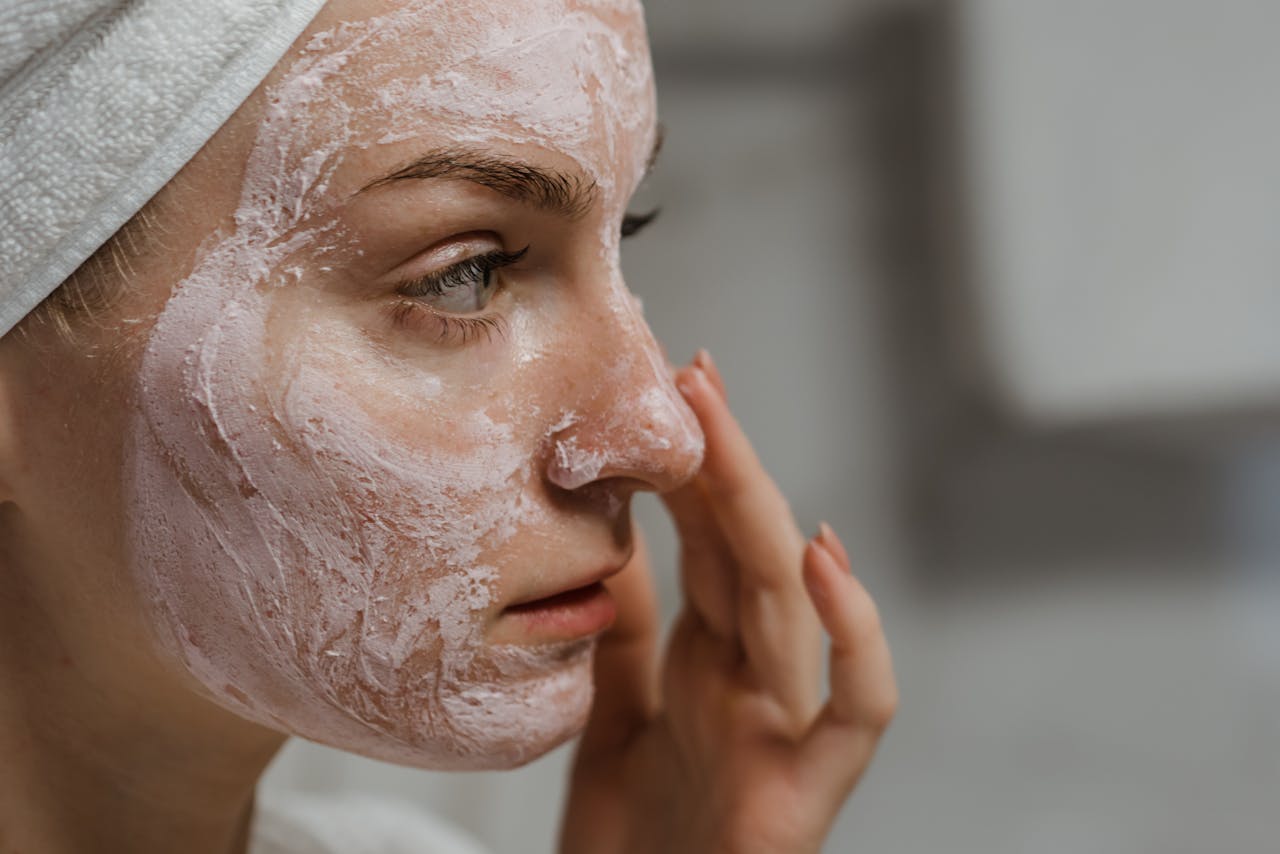
Benzoyl peroxide is a powerful acne-fighting ingredient that works by killing the bacteria responsible for acne breakouts. It also helps to reduce the amount of oil on the skin, which prevents clogged pores. For those with oily skin, benzoyl peroxide can be a game-changer in controlling acne and preventing new blemishes from forming. However, it can be drying, so it’s important to use it sparingly and follow up with a good moisturizer. Over time, consistent use of benzoyl peroxide can result in clearer, less oily skin.
4. Clay (Kaolin or Bentonite)
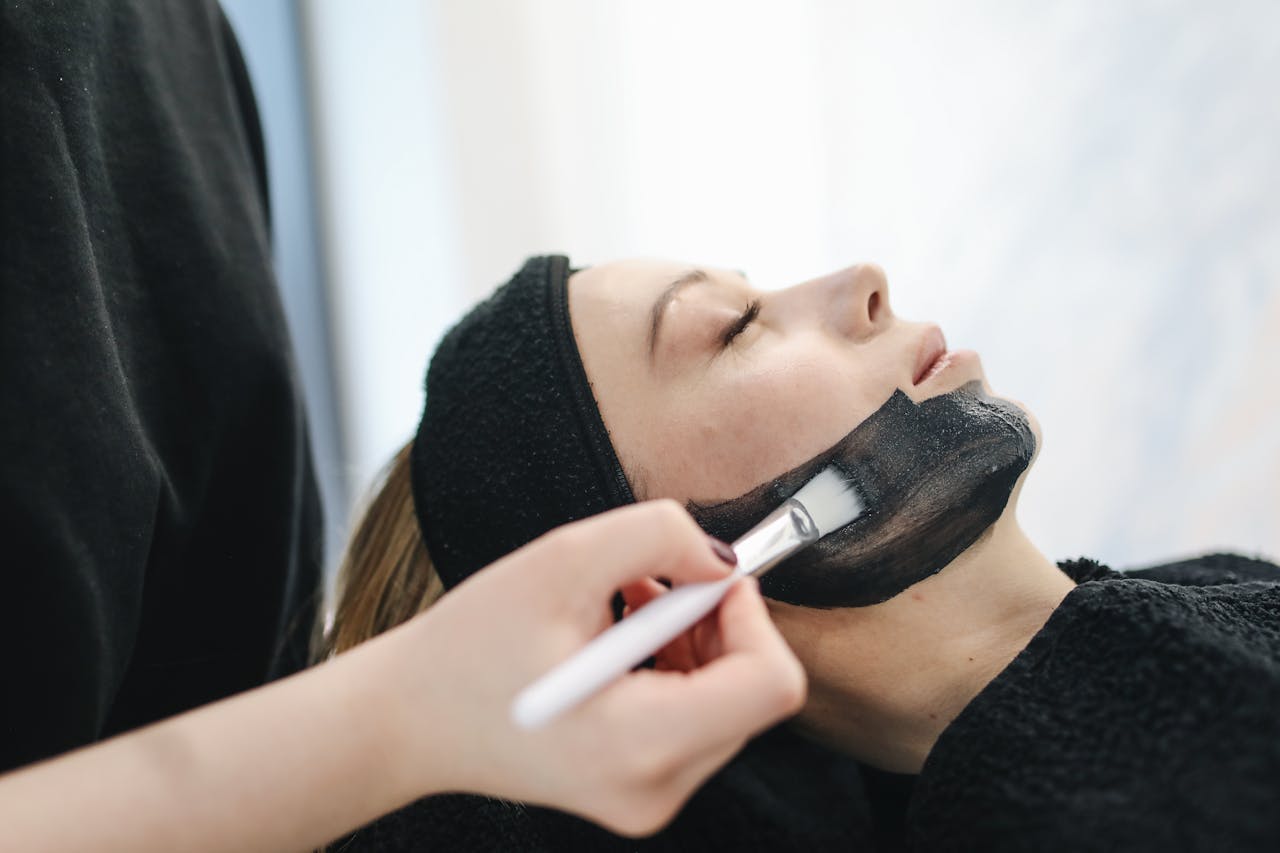
Clay masks, especially those containing kaolin or bentonite, are excellent for oily skin. These types of clay are known for their ability to absorb excess oil and impurities from the skin, leaving it feeling clean and refreshed. Regular use of clay masks can help to minimize the appearance of pores and reduce the frequency of breakouts. They also provide a mattifying effect, which can keep shine at bay throughout the day. Clay is gentle enough for sensitive skin but powerful enough to effectively manage oily skin concerns.
5. Glycolic Acid

Glycolic acid is an alpha hydroxy acid (AHA) that exfoliates the skin by removing dead skin cells from the surface. This helps to prevent clogged pores, a common issue for those with oily skin. Glycolic acid also encourages cell turnover, leading to a smoother, more even complexion. It’s particularly effective in reducing the appearance of acne scars and hyperpigmentation, which are common concerns for people with oily skin. Regular use can help control oil production and improve skin texture without stripping the skin of essential moisture.
6. Zinc
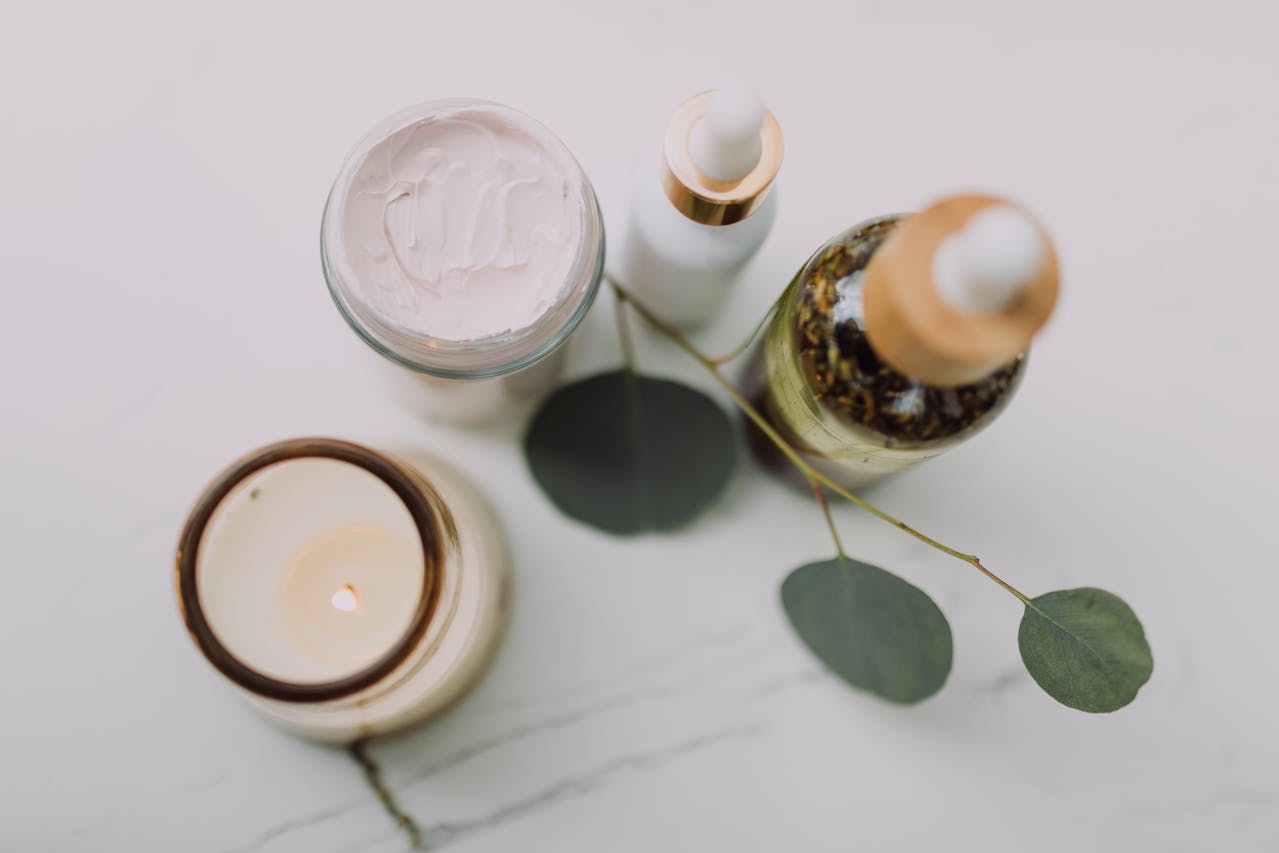
Zinc is a mineral that plays a vital role in controlling oil production and reducing inflammation, making it ideal for oily and acne-prone skin. Skincare products containing zinc, such as sunscreens or moisturizers, help to mattify the skin while offering soothing properties. Zinc can also assist in the healing of acne lesions and reduce the appearance of post-inflammatory hyperpigmentation. When used regularly, zinc-based products help to balance sebum levels, providing a clearer and more even complexion over time. Plus, zinc is gentle, making it suitable for sensitive skin.
7. Tea Tree Oil
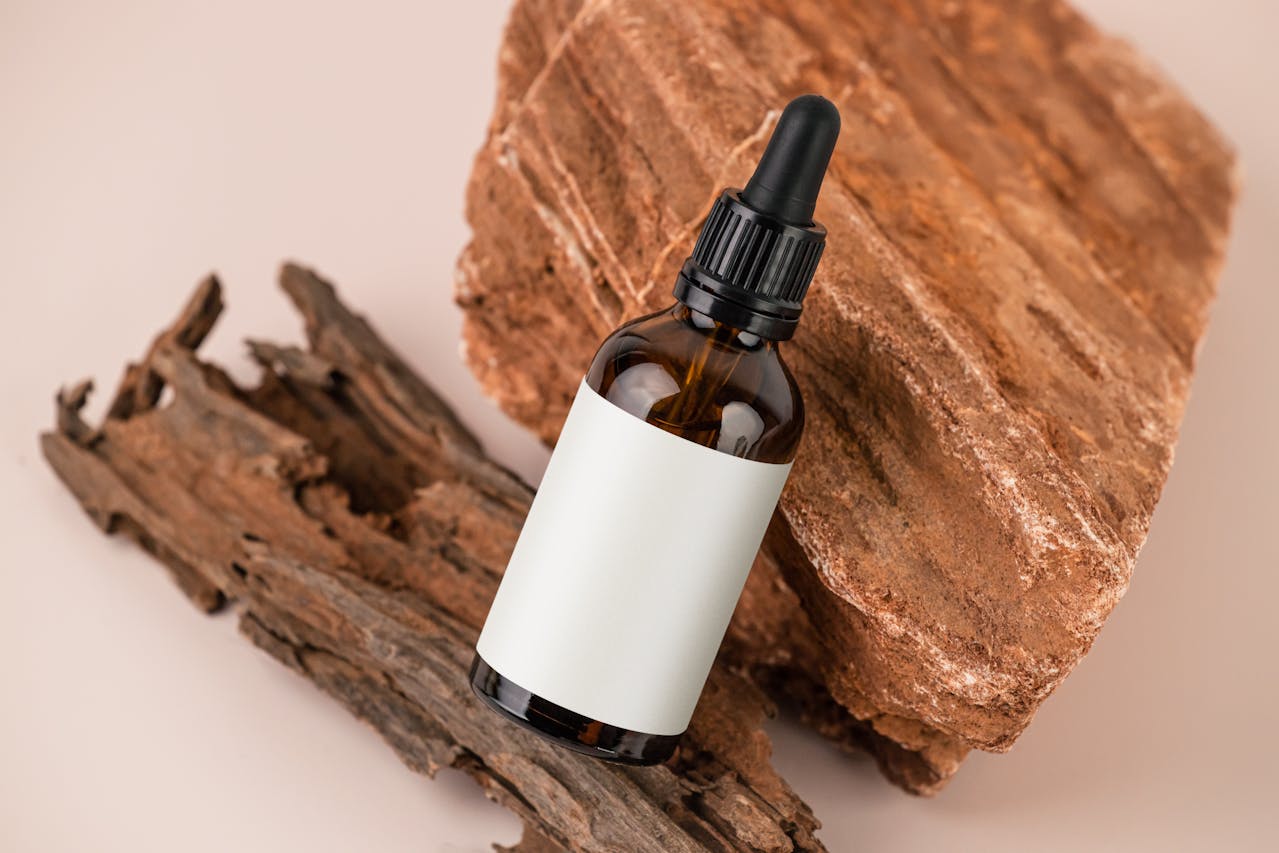
Tea tree oil is a natural essential oil known for its antibacterial and anti-inflammatory properties. It helps to kill acne-causing bacteria and reduces inflammation, making it a popular choice for those with oily and acne-prone skin. Unlike some harsher treatments, tea tree oil offers a more natural way to keep breakouts under control. It also helps to balance oil production without over-drying the skin. When diluted properly in skincare products, tea tree oil can be a highly effective addition to your routine, providing clearer skin over time.
Although it might seem counterintuitive to use a hydrating ingredient for oily skin, hyaluronic acid is a must-have. It provides lightweight hydration by attracting moisture to the skin without clogging pores or adding to oiliness. Oily skin can still become dehydrated, and hyaluronic acid ensures that your skin gets the moisture it needs while maintaining a balanced appearance. This ingredient can help reduce the appearance of fine lines and keep your skin looking plump and healthy, all without contributing to excess oil production.
9. Retinol

Retinol, a form of Vitamin A, is a powerful ingredient for those with oily skin. It works by speeding up cell turnover, which helps prevent clogged pores and breakouts. Retinol can also improve skin texture and reduce the appearance of enlarged pores over time. Additionally, it helps fade acne scars and promotes an even skin tone. While it can be drying initially, pairing retinol with a lightweight moisturizer can mitigate this effect. Consistent use can result in smoother, clearer, and more balanced skin, making it a cornerstone of oily skin care.
10. Witch Hazel
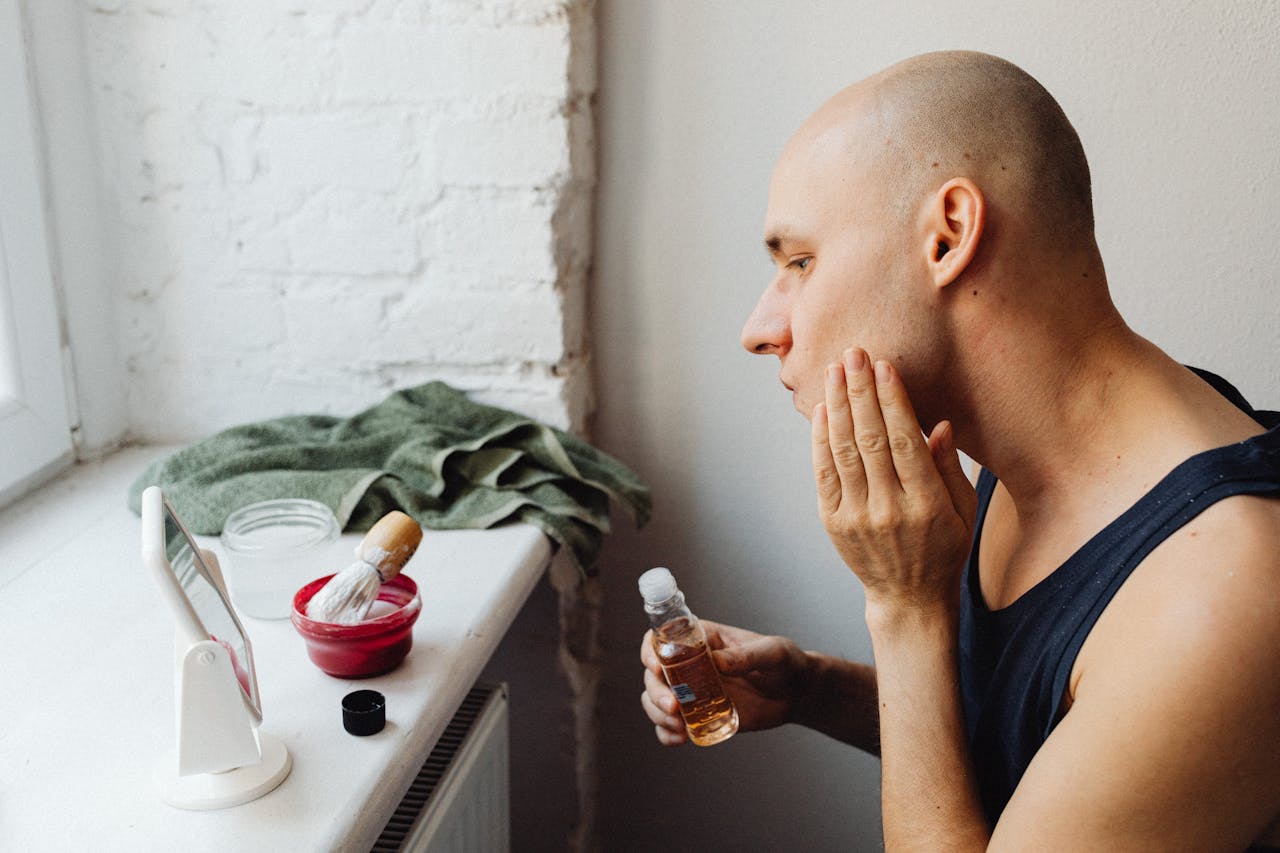
Witch hazel is a natural astringent that helps to tighten pores and control excess oil production. It’s often found in toners designed for oily and acne-prone skin because it provides a refreshing, mattifying effect without stripping the skin of its natural moisture. Witch hazel also has anti-inflammatory properties, which can calm redness and irritation associated with breakouts. Regular use can help to reduce shine and keep your skin looking fresh throughout the day. It’s a gentle, effective option for anyone looking to manage oily skin without harsh chemicals.
Final Thoughts
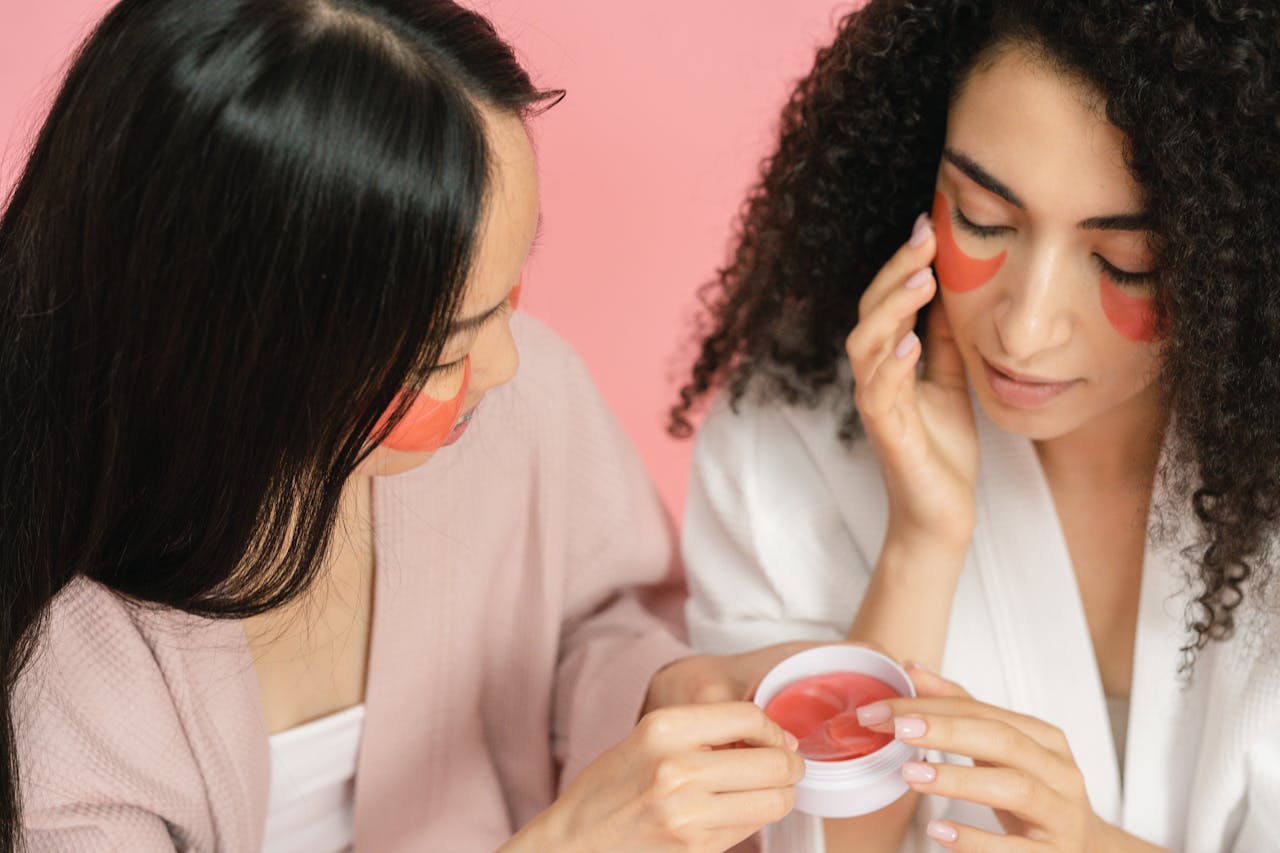
Managing oily skin can be challenging, but using the right ingredients can make a huge difference in keeping your skin balanced, clear, and healthy. From exfoliating acids like salicylic and glycolic acid to soothing options like niacinamide and zinc, these ingredients are specially formulated to target excess oil while preventing breakouts and irritation. Consistency is key when it comes to skincare, so make sure to introduce these ingredients gradually and pay attention to how your skin responds. With the right approach, you can achieve a glowing, matte complexion without compromising your skin’s natural moisture.
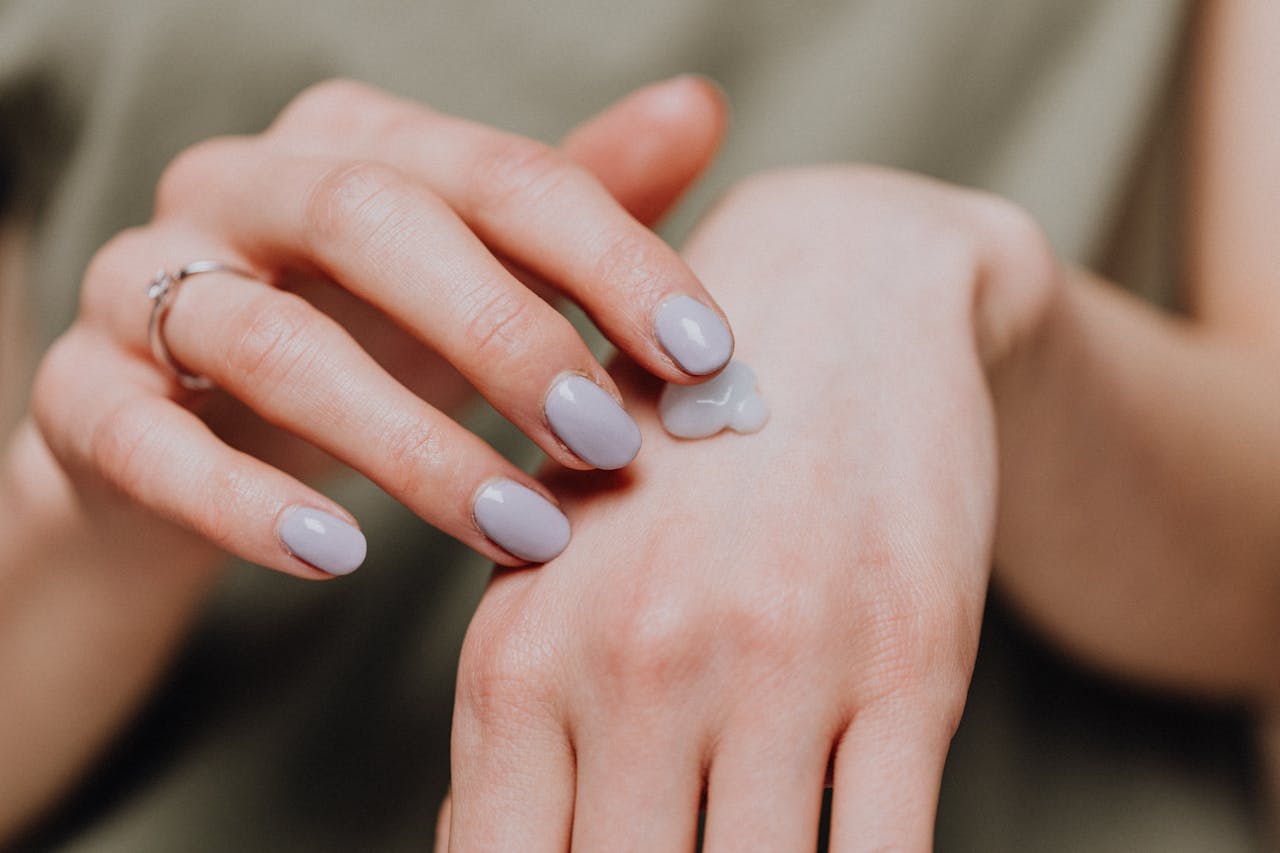
Leave a Reply